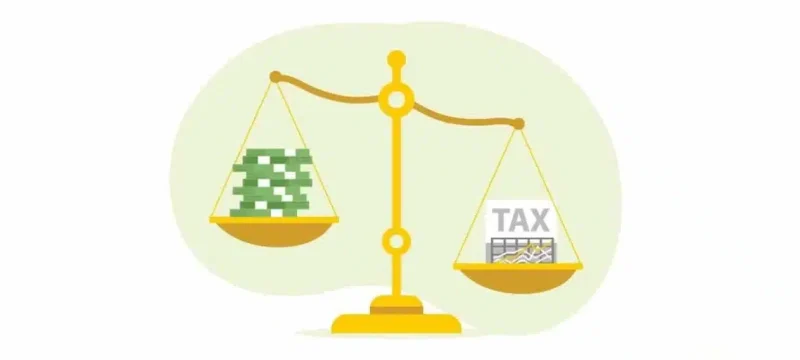The federal government is considering the imposition of a wealth tax on movable assets as part of its economic revival plan, according to the Monthly Economic Update & Outlook for September 2023 released by the Ministry of Finance.
The report highlights that the government’s economic revival plan will emphasize revenue enhancement strategies, which include revising taxes in sectors such as retail, agriculture, and real estate. Additionally, the plan includes the introduction of a wealth tax on movable assets where deemed appropriate.
Furthermore, the report indicates that tax exemptions, previously granted in significant amounts, will be limited to essential sectors like food and medicine. The government is also planning austerity measures to rationalize government expenditures, along with a review of subsidies and grants.
Also Read: Final Deadline for Income Tax Filing Announced by FBR
Under this proposed plan, the government intends to review the development agenda with a focus on public-private partnership (PPP) projects. It will also ensure compliance with quarterly budget targets and International Monetary Fund (IMF) agreements, especially in terms of tax collection and managing debt liabilities.
The plan outlines a commitment to the 5Es framework, which includes Exports, Equity, Empowerment, Environment, and Energy, aimed at addressing socio-economic challenges and promoting export expansion and business facilitation.
The Finance Division is considering the use of Information Technology to digitize the economy and expand the tax base.
Additionally, the plan encompasses reforms for State-Owned Enterprises (SOEs), including the enactment of an SOE policy, the preparation of Central Monitoring Unit (CMU) and SOE performance reports, and the implementation of a Treasury single account (TSA), remittance incentives, energy conservation, and price controls.
The Privatization Commission is set to privatize selected Public Sector Enterprises using various modes, including assessing privatization options for DISCOs, restructuring options for PIA-CL, and conducting unbundling studies for SNGPL and SNGPL.
On the corporate tax front, the government aims to reduce corporate taxes to boost non-bank finance and promote the capital market.
In terms of export enhancement, short-term measures include implementing the Weighted Average Cost of Gas (WACOG), operationalizing the EXIM bank, and expediting the clearance of sales tax refunds.
Moreover, short-term initiatives will be introduced to facilitate business and promote investment, including the Asan Karobar Plan, which involves establishing a central e-registry, developing the Pakistan Business Portal, and creating a National Regulatory Delivery Office.
The plan also outlines efforts to boost IT exports through training, a Startup Pakistan Program, and policy interventions. In the telecommunications sector, reforms are aimed at fostering growth and introducing 5G technology.









